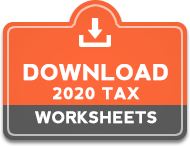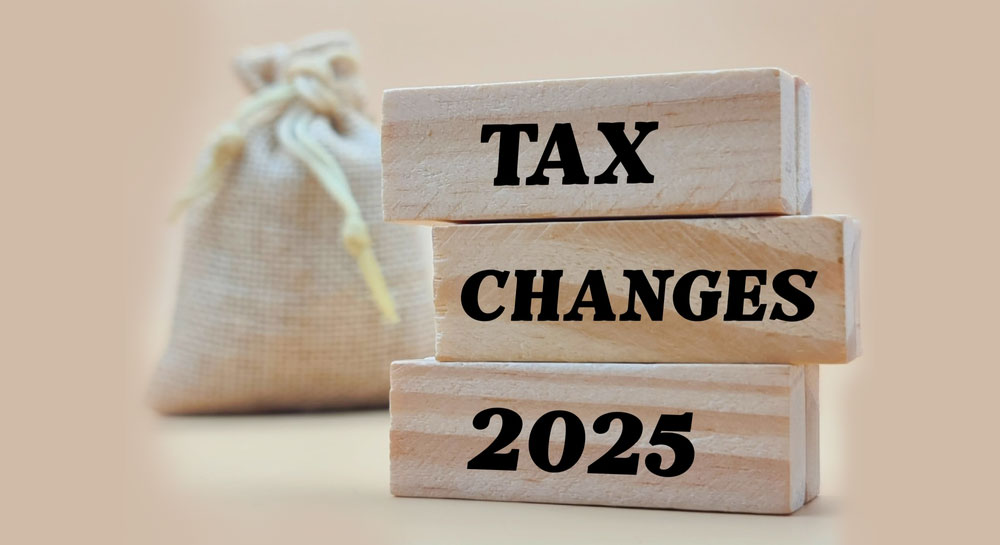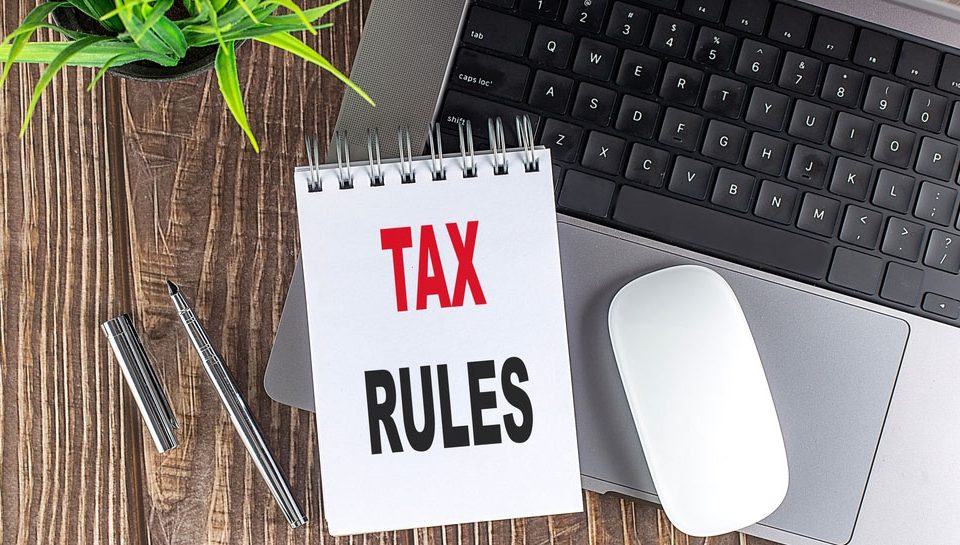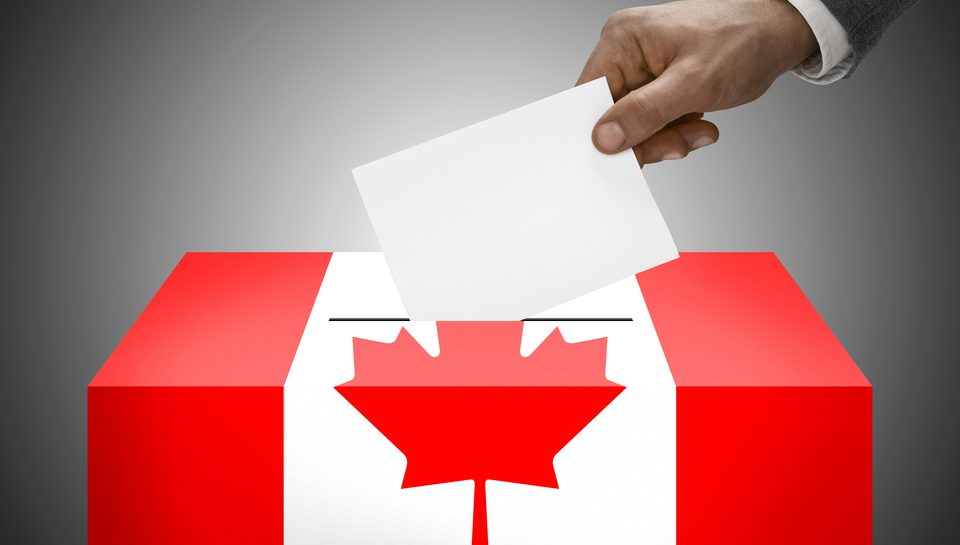I love April. Spring is almost here, the NHL and NBA playoffs begin, baseball is in full swing, and the Masters golf tournament takes place. This April, even in the midst of new tariffs, Christmas could come early for Canadian taxpayers.
How so? Each political party is offering tax incentives in their election campaigns. More announcements are sure to come, but let’s take a look at what each has promised so far.
Income taxes
The Liberals are proposing to cut the federal tax rate on the lowest tax bracket (income up to $57,375) by one percentage point to 14 per cent. This is supposed to save two-income families up to $825 per year.
The Conservatives have said they’ll reduce the federal tax rate for the lowest tax bracket by 2.25 percentage points (to 12.75 per cent), which they said would save two-income families about $1,800 per year. In addition, the Conservatives propose to allow seniors to earn up to $34,000 tax-free, which is about $10,000 more than under the current rules.
The Conservatives have also said they’d allow trade workers a tax deduction for the full cost of food, transportation, and accommodation necessary to travel for work. This deduction is currently limited to $4,000 per year. The party has also promised to end large deductions for luxury corporate jets by limiting the write-off to the equivalent of a commercial flight.
The NDP said it would increase the basic personal amount to $19,500 for those earning less than $177,882. The party said that would save those Canadians about $505 annually. The NDP also plans to reduce the basic personal amount for higher income earners to $13,500 and eliminate it altogether for those earning more than $235,632.
Capital gains taxes
Last year, the Liberals announced an increase to the capital gains inclusion rate that was to take effect June 25, 2024, then later delayed the change until Jan. 1, 2026. The party has announced that it would now cancel this increase. The Liberals also announced that they would keep the proposed increase to the lifetime capital gains exemption to $1.25-million, which would continue to be effective as of June 25, 2024.
Leaving an inheritance to heirs in the U.S. requires special planning more than ever
As for the Conservatives, the party has said it would also scrap the proposed increase in the capital gains inclusion rate (the party hasn’t made announcements regarding the lifetime capital gains exemption, but I expect they’d retain that increased exemption).
The Conservatives also announced that any person or business selling an asset would be able to defer the tax on any capital gain if the proceeds are reinvested in Canada. This incentive would be available for reinvestment between July 1, 2025, and Dec. 31, 2026. This could present a huge tax planning opportunity for those with accrued gains on all types of assets. The stated objective is to “reinvest and build things here in Canada.” If this change had the intended results the Conservatives have said they would make it permanent.
The NDP has announced that it would keep the proposed increase to the capital gains inclusion rate that was introduced last year.
Housing incentives
The Liberals propose to eliminate the GST on all new homes up to $1-million for first-time homebuyers. The Conservatives plan to eliminate the GST on new homes under $1.3-million for all buyers, which the party has said would save homebuyers up to $65,000 overall, and roughly $3,000 per year on mortgage payments.
Registered Plans
The Conservatives have proposed to increase the lifespan of registered retirement savings plans by two years to allow seniors keep RRSPs until the end of the year they reach age 73. In addition, the Conservatives plan to increase allowable annual TFSA contributions – currently $7,000 – by another $5,000, provided the money is used to invest in Canadian companies.
Carbon taxes
The Liberals previously announced they were getting rid of the consumer carbon tax, which became effective on April 1, but plan to keep the industrial carbon tax. The Conservatives have promised to repeal the industrial carbon tax as well because they say that the cost of taxing industry would trickle its way down to consumers.
Consumption taxes
On April 1, federal alcohol taxes automatically increased by two percentage points, costing taxpayers $40-million this year, according to Beer Canada. The brewing industry group also notes that the tax reduces profit for restaurants and makes it harder for local producers to compete. The Conservatives announced this week that they would eliminate the automatic annual escalator tax on wine, beer, and spirits. (The escalator tax, introduced in 2017, is an automatic annual increase in taxes on alcohol that is tied to the rate of inflation each year, but was capped at two percent for 2024 and 2025.)
The NDP has promised to eliminate the GST on all essentials and bills, including home heating, cellphone and internet charges, diapers, kids’ clothes, and “grocery store” meals. The party said this would save a family of four about $448 per year. The NDP also proposes to exempt Canadian-made vehicles from GST.
Tim Cestnick, FCPA, FCA, CPA(IL), CFP, TEP, is an author, and co-founder and CEO of Our Family Office Inc. He can be reached at tim@ourfamilyoffice.ca.









